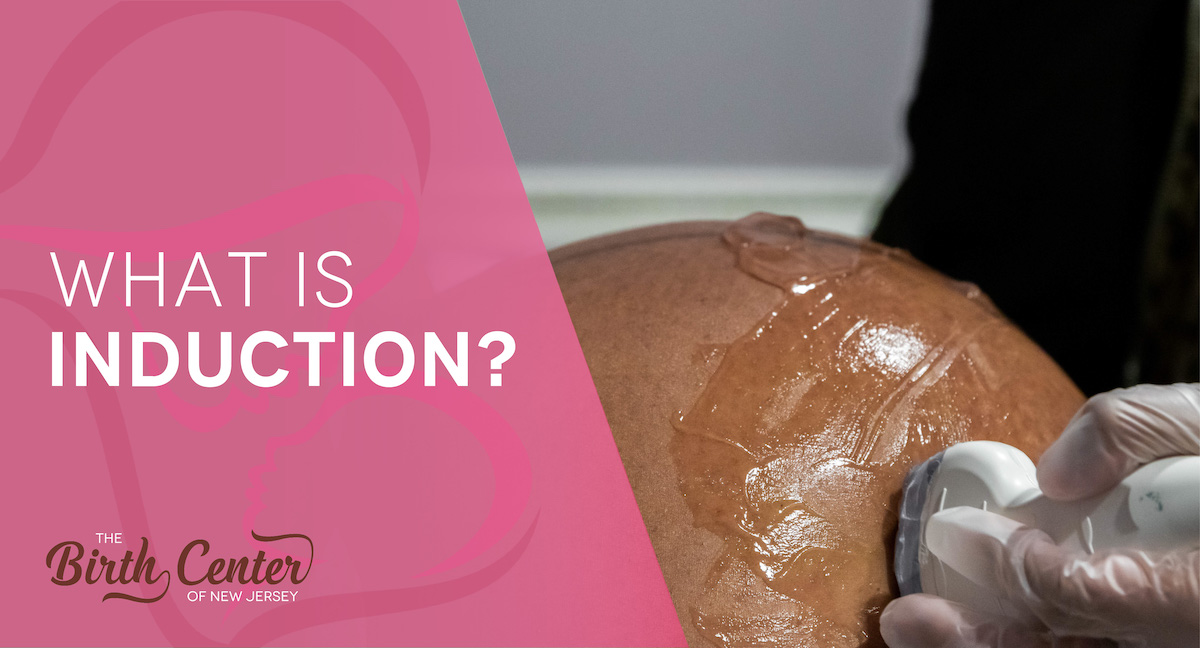
What is Induction?
During pregnancy, many first-time parents hear the term induction and wonder what it really means. In simple terms, inductions are used to induce labor and speed up the process.
In hospitals, inductions are common. Sometimes inductions are even scheduled in advance. At birth centers, however, the approach is different. Birth centers focus on individualized care rather than following a routine.
What does induction mean?
Induction simply means using methods to start or speed up labor rather than waiting for it to begin naturally. Natural labor is termed as spontaneous labor. It is the body’s natural mechanism that starts when the body and the baby are ready, which begins naturally when the body and baby are ready.
Induction can involve:
- Medications such as Pitocin to stimulate contractions
- Procedures like breaking the bag of fluid
- Gentle or natural approaches, such as movement
Each method carries its own benefits and risks. If you’re about to deliver soon, understanding the context of each procedure is important to allow you to make informed decisions.
Why is induction done?
In medical settings, induction is most often recommended for:
- Pregnancies that go significantly past the due date
- High blood pressure or preeclampsia
- Gestational diabetes
- Concerns about the baby’s well-being
While these are valid reasons, induction is not always necessary. In some cases, hospitals schedule inductions as the baby reaches 40 weeks.
In contrast, midwives take time to carefully weigh the risks of waiting versus the risks of intervening. Each decision is made with the health of both parent and baby in mind, rather than out of routine or convenience.
How do birth centers approach induction?
Because birth centers care for low-risk pregnancies, routine inductions are rare. The philosophy is to support the body’s natural timing whenever it is safe to do so.
If an induction becomes medically necessary, midwives may recommend a transfer to a collaborating hospital for more advanced support. Even then, families often continue receiving emotional support from their midwifery team throughout the process.
What are gentle, natural ways midwives may support labor readiness?
Sometimes, parents are eager to encourage labor once the due date is approaching. This eagerness is understandable if there are mild concerns or just a desire to avoid a hospital induction later.
In any case, experienced midwives in birth centers may suggest safe and gentle options to avoid medication aided induction. These options include:
- Membrane sweeps, when appropriate
- Herbal teas or homeopathics
- Acupuncture referrals
- Walking, movement, or upright positions
- Nipple stimulation
These options are never pushed and are only offered when they are safe for the mother and baby and welcomed by the family. The emphasis is on respecting the body’s natural process rather than rushing unnaturally.
When might a hospital induction be needed?
In certain situations, medical induction in a hospital is the safest choice. This includes cases such as:
- Preeclampsia or severe high blood pressure
- Low amniotic fluid
- Concerns that the baby is not growing or thriving
In these cases, midwives collaborate with obstetricians to ensure a smooth and safe transition of care. Families often appreciate that their midwives remain a source of advocacy and support, even in a hospital setting.
Trusting the natural timing of labor is a core strength of midwifery care. If you want to learn more about our care at the Birth Center of New Jersey, send us a message!
